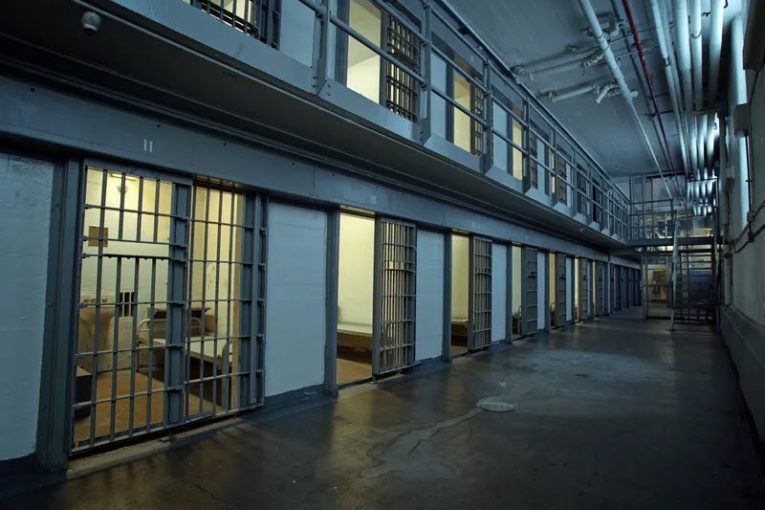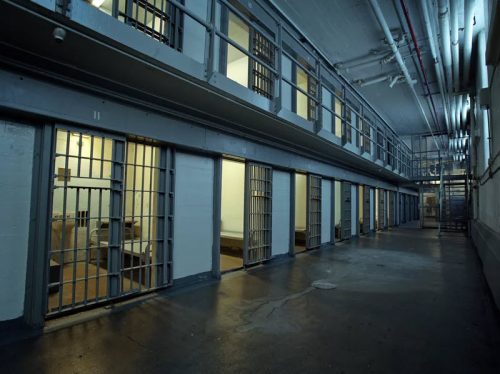

By Kyndall Dowell and Karime Montano
WASHINGTON, DC – Kristen M. Budd, an academic research analyst in social behaviors and legal reform/injustices, has documented the trend of private prisons across the country, according to an article published by The Sentencing Project.
The study noted how a number of states use private prisons to accrue wealth, with the number of inmates significantly increasing within the span of two decades, noting the increase of incarceration during the 1980’s is what triggered the surge.
Though created during a time of peak crime, the parameters for such convictions remain questionable, said the author, charging often lost in research and conversation is how minority communities were targeted, during these eras of mass incarceration.
According to Budd, the use of private prisons has been controversial, with 27 states and even the Federal Government turning to the use of private companies such as GEO Group, Core Civic, LaSalle Corrections and Management and Training Corporation.
Budd explains the historical context behind the expansion of private prisons, citing “harmful crime policies of the 1980’s and beyond ” that also drove the increase of the nation’s prison population. This surge, as she notes, created a burden towards the public sector, allowing for the creation of privatization of these correctional facilities as a solution.
“While Montana is at the top of the list, Tennessee, Alaska, Arizona, Hawaii, New Mexico, and are among the states that rely heavily on private prisons. Between 20 and 39 percent of those behind bars in these states are kept in private prisons,” stated Budd.
The study by The Sentencing Project indicates that since 2000, people held in these private prisons climbed up to five percent, and while it may appear minimal, it does reflect the rise in the total prison population over the last two decades.
Budd emphasized the federal government’s participation in private prisons, noting the Federal Bureau of Prisons (BOP) has historically been the largest system to rely on privatization. However, since 2000, the BOP’s reliance on private facilities has been reduced by 11 percent, Budd added.
The Sentencing Project said, in 2022, there were 13,834 prisoners in federal detention at private prisons. This decline is due to President Joseph Biden’s executive decision to phase out the BOP’s use of private prison beds.
The Sentencing Project suggested other political factors have played a significant role in the expansion for making prisons privately owned, noting as the number of prisoners increased for the first time in 2022 after a decade, privatization of prisons will continue to be a problem that will quickly escalate.




